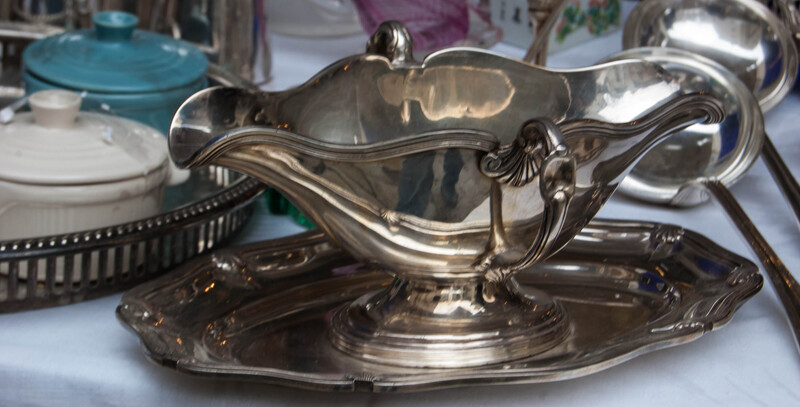From Trash to Treasure: Repurposing mattresses through recycling for a cleaner London
Posted on 16/05/2024
Mattresses are an essential part of our daily lives, providing us with a comfortable and restful sleep every night. However, when it comes time to replace our mattresses, they often end up in landfills, adding to the ever-growing problem of waste management in London. The average mattress can take up to 20 cubic feet of space in a landfill and can take hundreds of years to decompose. Not only does this have negative impacts on the environment, but it also comes at a high cost for the city.
Fortunately, there is a solution - mattress recycling. By repurposing mattresses through recycling, we can not only reduce waste but also create new opportunities for a cleaner and greener London.
The Process of Mattress Recycling
The process of mattress recycling involves breaking down each component of the mattress and separating them into various materials such as steel, foam, cotton, and wood. This is done through a combination of manual dismantling and machinery. Once separated, these materials can then be reused or repurposed into new products.
One example of this is using the foam from mattresses to make carpet underlay or furniture padding. The steel springs can also be melted down and used for new products such as car parts or construction materials. Even the wood from the frames can be chipped and used as fuel for biomass energy production.

Benefits of Mattress Recycling
The benefits of mattress recycling are numerous, both for the environment and society as a whole.
Firstly, it significantly reduces waste in landfills. With over 600,000 mattresses being disposed of each year in London alone, imagine the positive impact if even half of those were recycled instead. This would not only free up valuable space in landfills but also reduce the harmful chemicals leaching into the soil from decomposing mattresses.
Secondly, mattress recycling helps to conserve natural resources. By reusing and repurposing materials, we can reduce the need for raw materials such as steel and foam, which are extracted through mining or oil drilling processes. This not only saves energy but also helps to preserve our planet's natural resources.
Lastly, mattress recycling creates job opportunities. With the growing demand for sustainable waste management practices, more and more recycling companies are emerging, providing employment opportunities in a rapidly growing industry.
Tips for Proper Mattress Recycling
If you're looking to recycle your mattress, here are some tips to keep in mind:
1. Research recyclers: Before choosing a recycling company, do some research and make sure they follow proper recycling practices.
2. Check with your local council: Some councils offer free pickup services for bulky items like mattresses. Check with your local council to see if this is an option for you.
3. Donate if possible: If your mattress is still in good condition, consider donating it to a charity or second-hand store instead of disposing of it.
4. Ask about transport: If you're unable to transport the mattress yourself, ask the recycling company if they offer pickup services.

Pros & Cons of Mattress Recycling
While the benefits of mattress recycling are clear, there are also some drawbacks that should be considered.
Pros:
- Reduces waste in landfills
- Conserves natural resources
- Creates job opportunities
Cons:
- Can be costly for individuals (transport fees, etc.)
- Limited availability in certain areas
- Requires proper dismantling and disposal of hazardous components (e.g., chemicals from flame retardants)
Conclusion
In conclusion, mattress recycling is a crucial step towards creating a cleaner and greener London. By repurposing mattresses through recycling, we can significantly reduce waste in landfills, conserve natural resources, and create new job opportunities. However, it's essential to do thorough research and follow proper recycling practices to reap these benefits effectively. Let's make a conscious effort to repurpose our mattresses and contribute to a more sustainable future for our city.
Latest Posts
Innovations Aiming to Reduce Ocean Waste
Reducing Waste in Christmas Celebrations




 020 3743 9508
020 3743 9508


